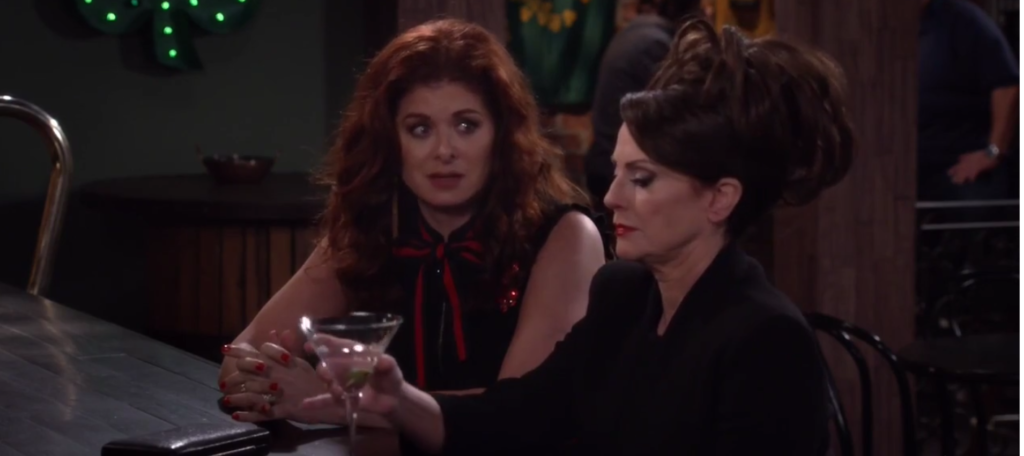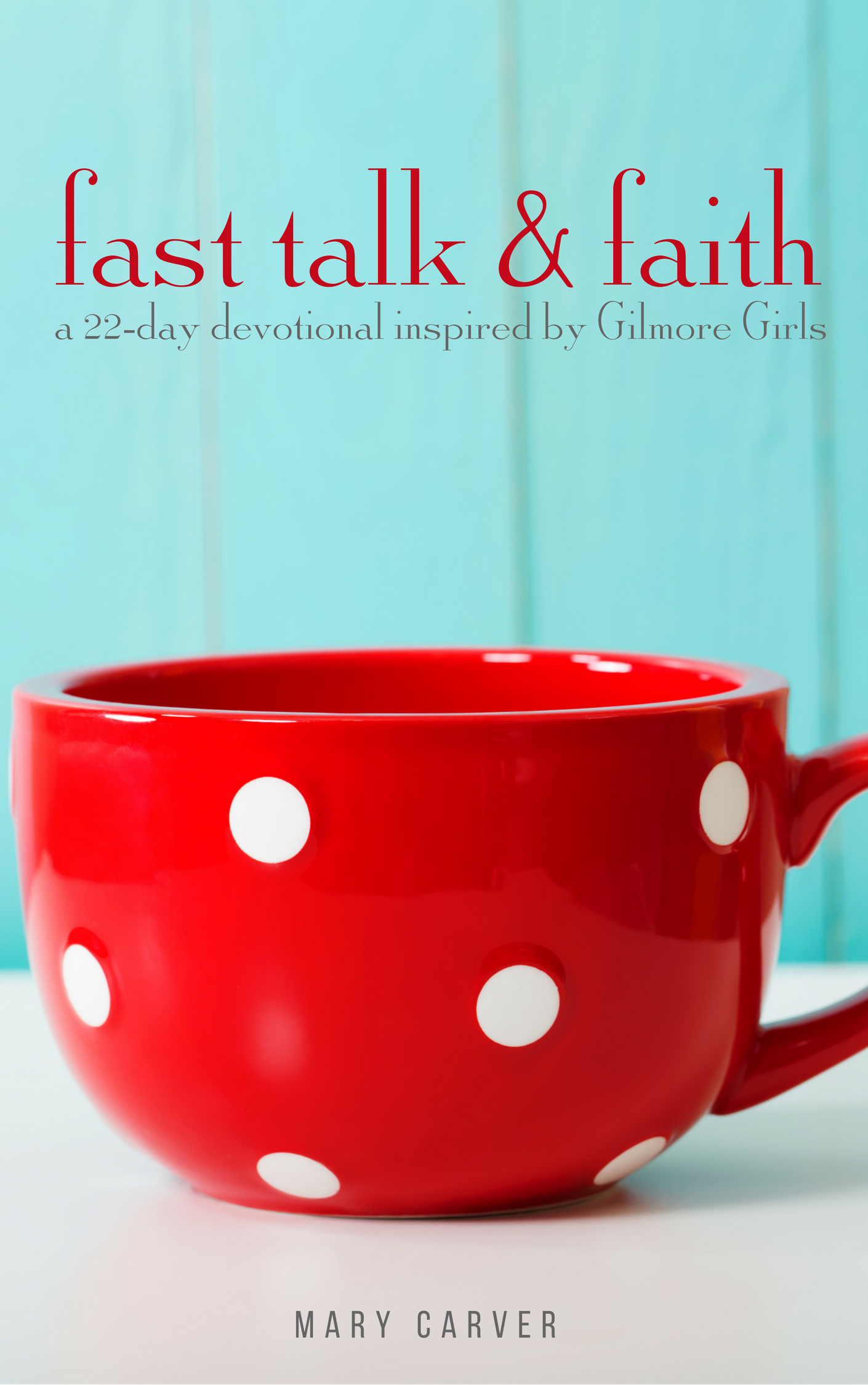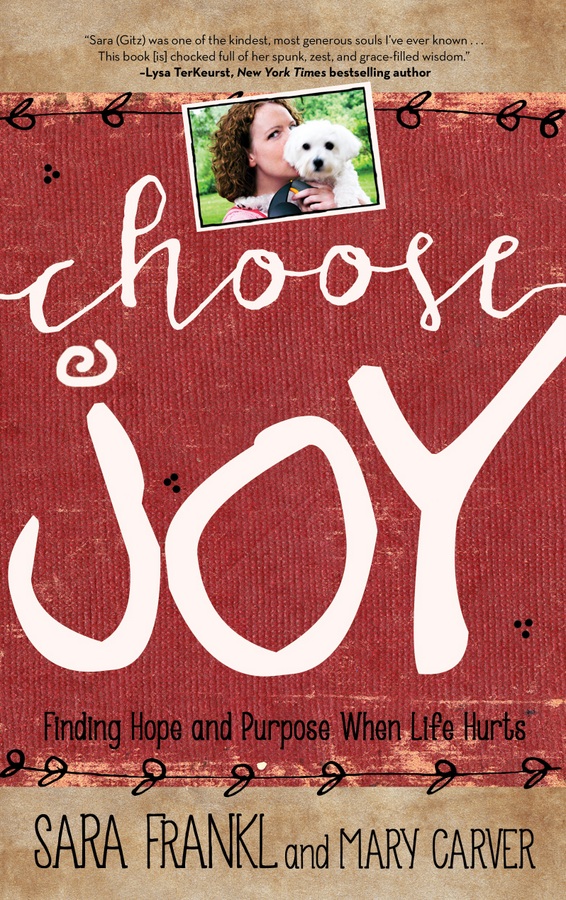
I’m not sure if I screamed or cried out, but something I did brought my mom rushing to my room as I stared blankly at the cordless phone in my hand. My brain and my heart weren’t processing the news I’d just received, and I wasn’t sure what to do next. I had just learned that my friend, the one I’d seen in my dorm room just hours before, was dead.
Now that I’m a mom — and a couple decades older — I can only imagine what my mom thought in that moment. But as I sat in shock, in grief, I knew that she would certainly know what to do next.
And she did. It just wasn’t what I wanted to do, as it turns out. In hindsight, I realize that day was when I began learning that everyone grieves differently.
The blur of that weekend has erased my thought process and my intentions, so I don’t know what I actually wanted to do after my friend died. But I know what I did NOT want to do — and that was help my mom cook and clean. At nineteen years old I didn’t understand the logistics involved in opening our home to my college friends who were driving down for the funeral. Pragmatic as I find myself now, as a wife and mom, as a doer and a fixer, casseroles and clean towels simply did not seem important in the face of crying and talking and hugging and sleeping.
I also didn’t understand that people grieve in different ways. Weeping might be the obvious reaction to tragedy, but it’s certainly not the only reaction.
Somehow, that week made room for both reactions — and what I understand now is that both were legitimate (and necessary) ways to respond to grief. Turning to tangible tasks and making the practical a priority doesn’t mean a person is not devastated; it just means she’s grieving differently than the one who can’t stop crying and only wants to take another nap.

As I watched Will & Grace (the new version) a few days ago, I was reminded of this truth. The episode centered around the death of Karen’s long-time housekeeper (and friend), Rosario, and it was so much more moving than I expected. Sure, the characters did silly things and said outrageous things, and let’s not even get into the pointless cameo from Minnie Driver. But in between the barbs and banter were poignant and pointed moments that illustrated how complicated grief can be.
Rather than plan a somber ceremony for the dry-humored and dour-faced Rosie, Karen went all out decorating for a quincenerea. A flimsy reason for this ridiculous act was given, but we don’t really need it. No rationale will explain that kind of decision, other than an acceptance that sometimes grieving people do ridiculous things. Sometimes grief — and how we deal with it and, really, everything surrounding it — is just inappropriate.
Karen was well-known for saying despicable things to and about Rosario, all the while relying on her and caring for her anyway. So it’s no surprise, really, that her grieving process was just as hot and cold as her affections were. From refusing to hear the doctor explain the details surrounding Rosario’s death to ordering outrageous banners and flowers for the funeral home, Karen’s behavior left her friends confused.
Before the funeral could begin, Karen disappeared, choosing to sit alone at a nearby bar instead of next to her friends in a pew. One by one, her friends attempted to convince her to snap out of it (whatever this “it” was) and attend the service. Jack tried to cheer her up, becoming manic in his determination to help his friend (while ignoring his own grief, as he was quite close to Rosario, too). And Grace tried to convince her to do the right thing, to act in a way she wouldn’t later regret. Only Will seemed to understand that a quiet hug and quiet acceptance was what Karen really needed.
I’m not too embarrassed to tell you that when Karen pulled Will’s arm back around her, acknowledging that she wasn’t hiding from her grief and was instead dealing with it the best way she knew how, I sobbed. Just a little bit. But it was definitely more than one tear gently rolling down my cheek. Not just because this character who is most often abrasive and shallow was showing depth and loss. And not just because one of her friends had finally figured out what she needed.
No, I cried in that moment because it was, to me, a vivid and beautiful illustration of how we all break differently.

Some of us kick into high gear when disaster strikes, baking bread and planning services. Some of us make outlandish comments or outrageous decisions in the heat of the moment. Some of us lay down on the floor or on the bed, determined to never rise again. Some of us start committees or organizations; some of us write letters and sign petitions; and some of us move on like nothing happened, acting as if we’re fine, everything’s fine, it’s JUST FINE.
Some of us find ourselves screaming, “why?” at the cemetery, only to dissolve into laughter a few minutes later when our friend Clairee suggests hitting Ouiser Boudreaux as a way to channel our anger. (That’s Steel Magnolias I’m talking about, in case you don’t know.)
When our hearts break, when our lives fall apart, when the world seems to be burning, none of us know what to do next — and then we just do whatever we need to do. We grieve the way we were taught or the way that makes it stop hurting for a minute or two. We grieve the way we grieve, whether that makes sense to anyone else or not.
Grief seems to be the common denominator of these times. Whether it’s personal or global, recent or ancient, we all seem to be grieving the loss of someone, of something. And while our suffering unites us, our methods of reacting and processing and coping sometimes divide us. It’s just one more way expectations trip us up, when we assume others will need what we need and do what we do. In an effort to reassure ourselves that our own reactions are right, we decide that everyone else must fall in line behind us.
But we’re just not wired that way. Each one of us was created unique, and our diversity in experience and personality mean that even when you’re grieving for the same reason, you won’t necessarily go about it the same way.
And that’s okay.
All of this seems harder when we near the holidays. Holy anticipation and grateful celebration feels impossible to many when grief is in the mix, and holiday spirit turns into forced or false cheer. Then again, giving into the holiday hoopla might be just the reprieve someone else needs to get through this difficult season. Dreading the holidays or craving them — neither one is the right or wrong way to handle things. Neither one is better or worse, proof of a person’s level of grief (as if that’s a thing that can be measured).
No, see, we all break differently. We all grieve differently. And we all take those differences with us into the holiday season.
Maybe this year is the one we can remember that, accept that, even embrace that. Maybe we can erase phrases like, “moving on,” from our vocabulary. Maybe we can remember that a bright smile doesn’t necessarily mean a heart’s no longer broken. Maybe, no matter what or how our loved ones (or we) are missing or resenting or processing or handling this year, we can offer grace or the benefit of the doubt or the simple understanding that not one of us is exactly the same.
Maybe we can stop telling each other how to grieve.
This post may be linked to these amazing carnivals and link parties.








This past weekend I attended the funeral of a dear friend; it was heartbreaking watching her husband and young children walk behind her casket. I am not entirely sure how I ended up at this site, but I feel as if it was a sign that the second to last blog post was about grief. Thank you for writing this.
(I also find it incredibly ironic that not only did I land here, but “here” is a site devoted to many topics including “The Gilmore Girls,” which I adore!)
Oh, Elizabeth, I’m so sorry to hear about your loss. I’m grateful this post could encourage you. I love it when just the right words fall into our laps when we need them. :)